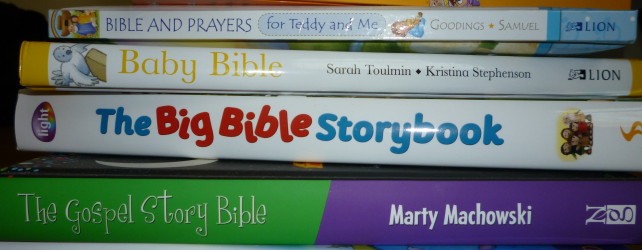Recently I went to the dedication of the child of some friends of mine. It was in south London on a Sunday afternoon, meaning that I needed to make the trip down to the capital using Sunday trains – always an ‘experience’. Now, I travel to London quite regularly, but for some reason, on this journey I kept getting everything wrong. First, I walked all the way to the station before realising I’d forgotten my railcard. I was quite early (I’m always early, I spend most of my time waiting for other people to turn up), so I decided to go back and get it. When I eventually arrived at Euston station, I was still early, so I went to take some photographs around the city. ‘I’ve got loads of time,’ I thought, ‘no need to hurry.’
Wrong. I ended up being 20 minutes late.
I stumbled into the church just as my friends were going to the front for the dedication part of the service. Still, I’d arrived for the part I had gone to see and I even got to take part in the church’s after-service tea (there were some lovely egg sandwiches).
Now I’m not telling you this to show how incompetent I am (although I can be an idiot at times). Despite the rather wonky journey, it was amazing to be there at a landmark in the life of my friends’ family, to celebrate and to thank God for this cheeky little 1-year-old. These times of family celebration – birthday parties, baptisms and more – are such joyous events and important in the development of the life of a family.
I can’t say what it’s like for single women, but as a single man, I don’t often get invited to children’s birthday parties and the like. Friends who are parents are often asked to come along and bring their children, but it can sometimes feel like I’m on the sidelines. Perhaps parents don’t think I’d be interested in spending three hours in a soft-play area or playing musical bumps with a group of over-excited toddlers. But the thing is, I actually would.
Now, the lifestyle of parents and that of those who are child-free are very different, and sometimes misunderstandings can arise about others’ priorities and ways of living. It’s true that being long-term single and child-free does make you a little bit selfish – more often than not, you don’t have to consider other people before you make a decision. You can decide to go out without having to arrange a babysitter or spend an hour trying to convince a 3-year-old to put their shoes and coat on.
And when you don’t have children, spending time with them can be an experience you’re not fully prepared for. I always forget how the need for attention and entertainment is constant (some might say relentless, I couldn’t possibly comment). Added to that, children are loud, so very loud. And children’s toys are some of the most annoying things in the world. If anyone wanted to interrogate me, all they would have to do is lock me in a room with a plastic musical dog and I’d tell them anything they wanted to know.
But that doesn’t mean that I don’t want to play a part in the lives of the families of my friends. As I said in my previous post, there aren’t many points of celebration in the life of a single man, so it’s fantastic to be able to share in those landmarks with those I care about. Children are joyous, fun and can change your perspective on life. They are frustrating, amazing, exhausting and loveable. Helping celebrate the special times in their lives is life-affirming and a treat for me.
Moreover, parents have access to a wealth of ‘aunties’ and ‘uncles’ that can be drawn from their circle of friends. These almost-relatives can add to the richness of the life – and faith – of families. In the US, an organisation called the Fuller Youth Institute did a substantial piece of research called Sticky Faith, looking into what helps children’s faith to last into adulthood. They identified several key factors, one of which being that children and young people need relationships with adults who are not their parents in order to enrich their social, emotional and spiritual development.
Organising this takes effort. I am godfather to four lively and energetic children, and I’m not very good at keeping up with them. My life takes over (remember I said being long-term single can make you a bit selfish?) and suddenly months have passed without me seeing them or even contacting them. If you have a family, time can play the same tricks, with the endless churn of school, clubs, church, shopping etc meaning that families can go for long periods without seeing people outside these circles.
So, to parents, I’d say that you shouldn’t assume that your single friends don’t want to come to events in your family’s life. They probably would love to be invited and would prove significant and important features of your children’s upbringing. To single people (particularly single men like me), I’d say that you shouldn’t let time slip away from you – keep in contact with friends with children. Make a note in a diary or set a reminder on a phone to send a card or make a call. Just don’t forget.
This article was first seen in Mothers’ Union’s outreach magazine Families First www.familiesfirstmagazine.com

